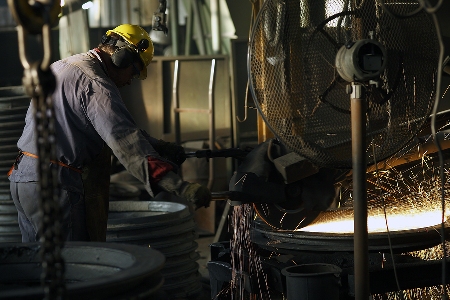"This concern is highlighted in Ai Group's submission to the Inquiry by the Federal Parliament's Joint Select Committee on Trade and Investment Growth into the Business Experience in Utilising Australia's Free Trade Agreements.
"The Ai Group submission argues that while FTA gains should be enjoyed by Australian importers, exporters and investors across the board, there are many examples of FTAs not delivering a competitive advantage to manufacturers.
"The submission identifies that the most common reasons for not engaging with FTAs include low levels of understanding of how FTAs work; difficulty in accessing information; non-tariff barriers having a greater impact on manufactured exports, and FTA's not meeting exporters' needs.
"The first and most significant barrier, particularly for Small to Medium Enterprises (SMEs), is accessing information. While the recent efforts of Austrade and the Federal Government to conduct outreach seminars on the North Asian FTAs are welcome, as is the recent funding announcement in the Budget, they still lack the level of practical information that companies require to adequately utilise an FTA.
"The significant benefit of all FTAs is the reduction of tariffs. However, information on the rate and scale of tariff reductions and the rules that companies must meet to qualify for Australian origin are often very difficult to obtain. Many manufacturers report that the tariff saving is not worth the administrative burden. And others miss out because they assume the benefits are received automatically.
"Also, while the recent formal signing of the FTAs with China and Japan are welcome as are the agreements with eight of our top ten trading partners, looking ahead we should be strategically targeting markets with potential, but which aren't yet strong trading partners. For example, emerging African or Latin American countries could be identified for future FTAs.
"The following are among our recommendations to improve the benefit of FTAs for Australian based companies:
- DFAT's (Department of Foreign Affairs and Trade) new FTA outreach service should include staff with Customs expertise to assist companies with classification and rules of origin
- The proposed FTA portal needs to provide information arranged by market rather than FTA
- Outreach activities should be delivered in a variety of modes and with enough detail to assist SMES in making informed decisions
- DFAT should continue to pursue modern self-declaration regimes under all FTAs
- DFAT's new FTA outreach service needs to collect information on non-tariff measures that can be addressed under the arrangements of the respective FTAs
- DFAT resources should be dedicated to educating Austrade and State Government front line trade facilitation staff in the provisions of the ChAFTA NTM (China Australia Free Trade Agreement Non-Tariff Measures) review body and they should actively seek input for issues to address




